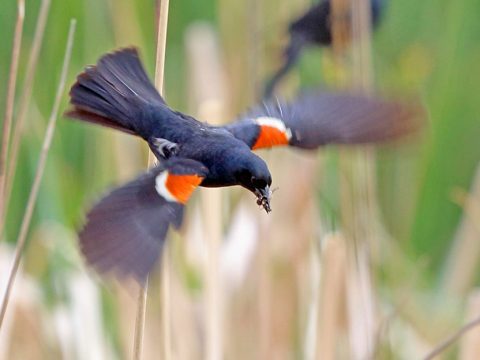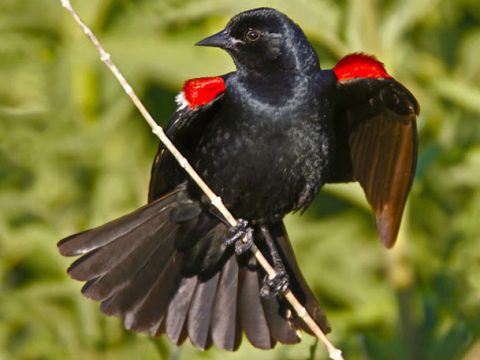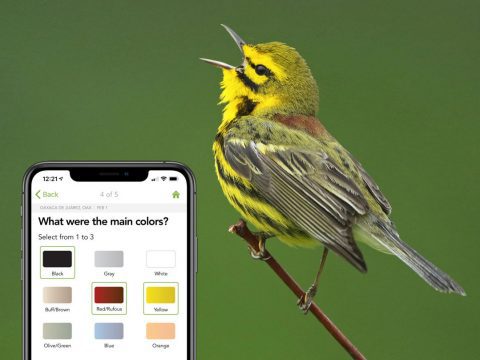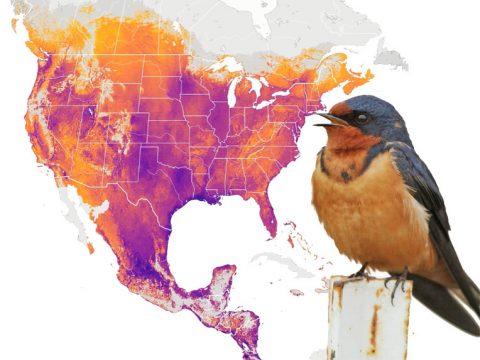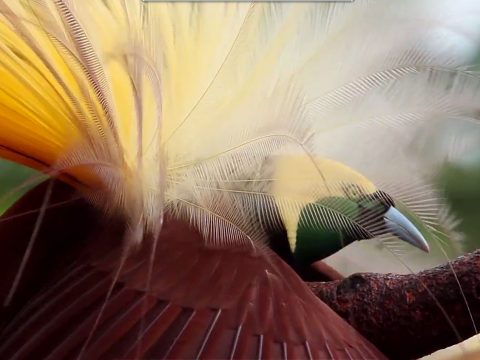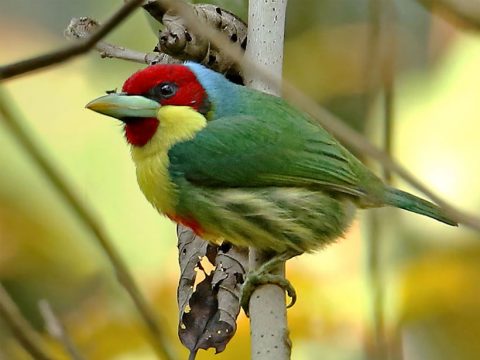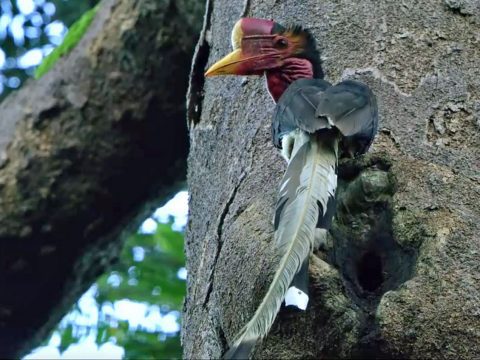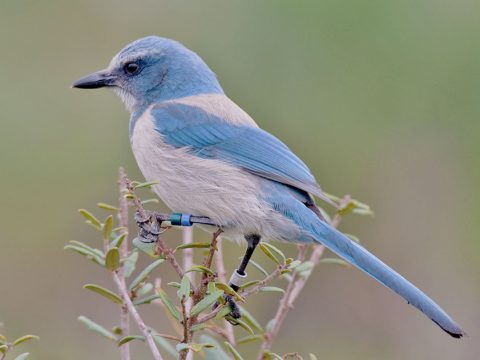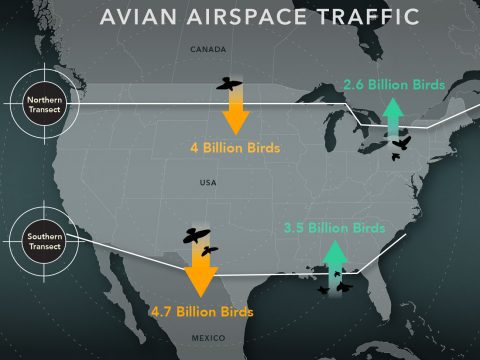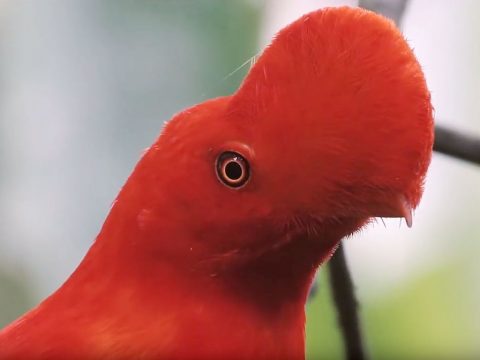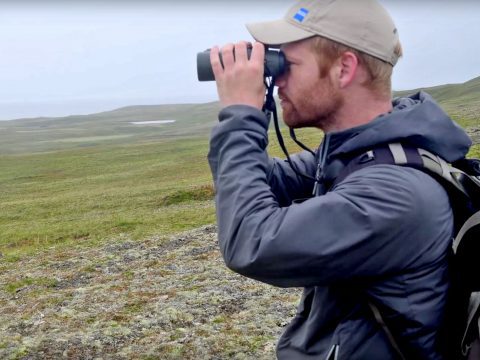California Protects Tricolored Blackbird After eBird Data Help Show 34% Decline
They might nest by the thousands in a Central California field one year, then be gone the next. Tricolored Blackbird colonies move unpredictably from year to year, making them notoriously difficult to census. Despite apparent population declines, scientists couldn’t convince California officials that Tricolored Blackbirds needed the state’s protection.
Cornell Lab of Ornithology researcher Orin Robinson and colleagues helped change minds when they developed a new way of estimating population trends for the species using data contributed to eBird by citizen-science participants, as well as from other biological surveys. Their analysis suggests that Tricolored Blackbird experienced a precipitous 34% decline in the past 10 years. These results spurred the State of California to approve state Endangered Species Act protections for Tricolored Blackbirds in April 2018.
Your donations help support breakthroughs like these—using sound science to inform bird conservation—enabling action before it’s too late.
More Stories
 Conservation in ActionHow We Use Sound to Help Protect Elephants from Poaching
Conservation in ActionHow We Use Sound to Help Protect Elephants from Poaching Conservation in ActionCoastal Solutions: Building a Bold New Community to Address the Shorebird Crisis
Conservation in ActionCoastal Solutions: Building a Bold New Community to Address the Shorebird Crisis Conservation MediaBirds-of-Paradise Help Inspire Conservation of Forests in West Papua
Conservation MediaBirds-of-Paradise Help Inspire Conservation of Forests in West Papua Conservation in ActionHow Can a Great Cup of Coffee Support Birds, Farmers, and Local Communities?
Conservation in ActionHow Can a Great Cup of Coffee Support Birds, Farmers, and Local Communities? Conservation MediaHow Can We Change Hearts and Minds to Save Wild Parrots?
Conservation MediaHow Can We Change Hearts and Minds to Save Wild Parrots?
Join Our Email List
The Cornell Lab will send you updates about birds, birding, and opportunities to help bird conservation. Sign up for email and don’t miss a thing!
Golden-cheeked Warbler by Bryan Calk/Macaulay Library

